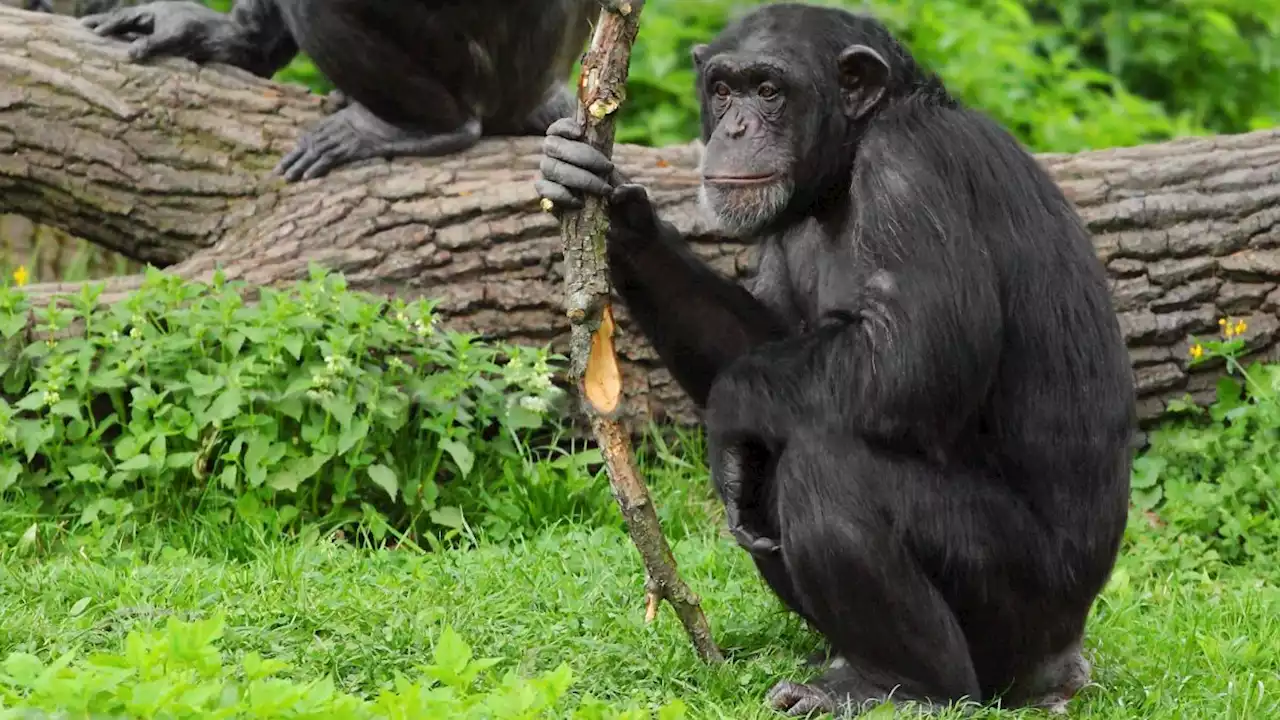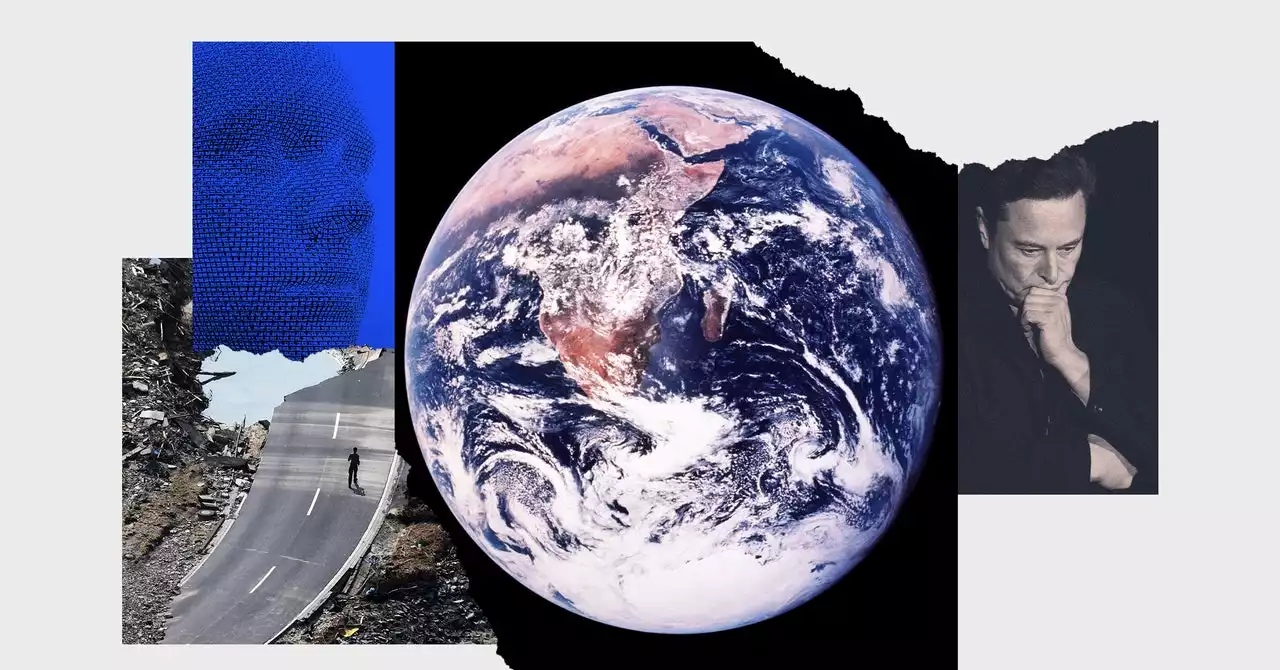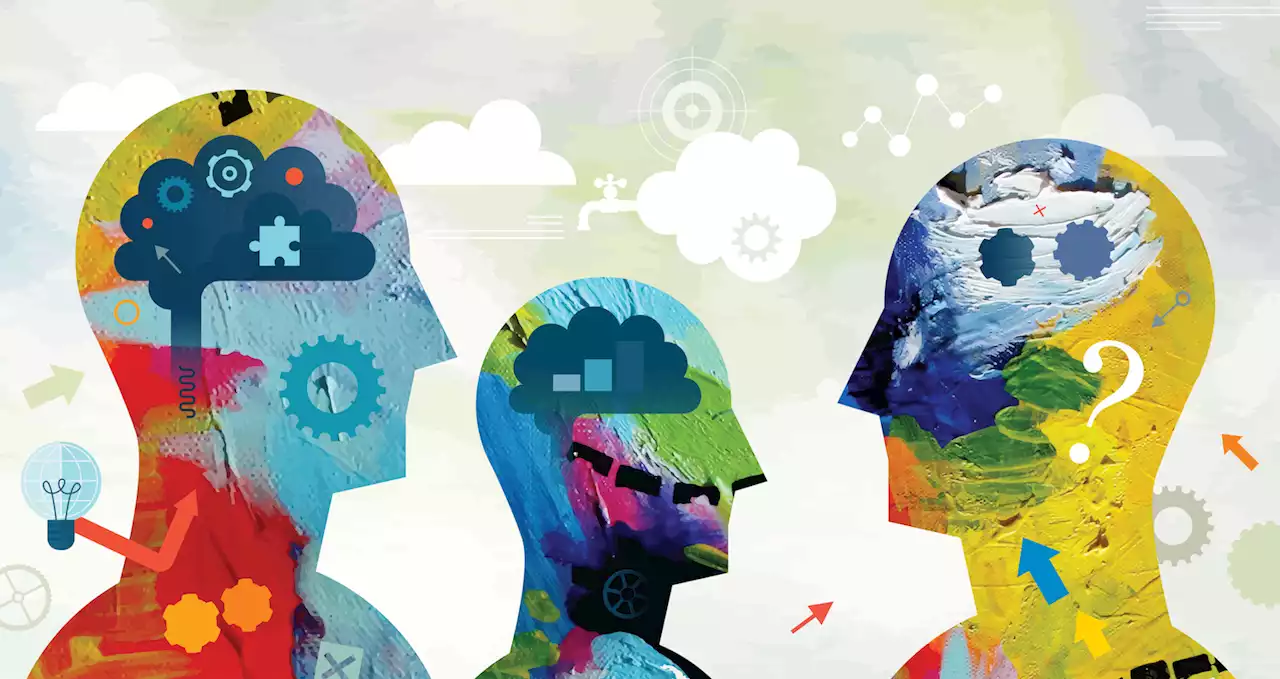From the Archives: When transmitting information to one another, humans tend to make certain mistakes more than others. A cognitive anthropologist explains why that matters to cultural stability and change.
Such examples of people systematically transforming different pieces of information in non-random ways abound in daily life.
In one study, for instance, my colleagues and I asked participants to reproduce a sequence of taps on drum pads. We created different setups so the chains of participants faced different physical constraints to produce the same rhythm, using either large movements, small movements, or a mixture of both to tap on the pads. After six “generations,” or episodes of transmission, the rhythms produced by participants showed distinctive features depending on these constraints.
This shift in understanding takes cultural evolution into the realm of complexity science, or the study of complex systems. This approach incorporates work from various disciplines, including anthropology, biology, physics, and computer science.
United States Latest News, United States Headlines
Similar News:You can also read news stories similar to this one that we have collected from other news sources.
 When humans are gone, what animals might evolve to have our smarts and skills?Joanna Thompson is a science journalist and runner based in New York. She holds a B.S. in Zoology and a B.A. in Creative Writing from North Carolina State University, as well as a Master's in Science Journalism from NYU's Science, Health and Environmental Reporting Program. Find more of her work in Scientific American, The Daily Beast, Atlas Obscura or Audubon Magazine.
When humans are gone, what animals might evolve to have our smarts and skills?Joanna Thompson is a science journalist and runner based in New York. She holds a B.S. in Zoology and a B.A. in Creative Writing from North Carolina State University, as well as a Master's in Science Journalism from NYU's Science, Health and Environmental Reporting Program. Find more of her work in Scientific American, The Daily Beast, Atlas Obscura or Audubon Magazine.
Read more »
 Plasma-powered oxygen harvesting could help humans live on MarsAn international team of researchers have introduced a plasma-based method that could convert carbon dioxide into oxygen and produce fuels on Mars.
Plasma-powered oxygen harvesting could help humans live on MarsAn international team of researchers have introduced a plasma-based method that could convert carbon dioxide into oxygen and produce fuels on Mars.
Read more »
 The Future Could Be Blissful—If Humans Don’t Go Extinct FirstWIRED talked with long-termist philosopher William MacAskill about human extinction, Elon Musk, and his new book, ‘What We Owe the Future.’
The Future Could Be Blissful—If Humans Don’t Go Extinct FirstWIRED talked with long-termist philosopher William MacAskill about human extinction, Elon Musk, and his new book, ‘What We Owe the Future.’
Read more »
 NASA's Artemis 3 mission: Landing humans on the moonNASA plans to land humans on the moon in 2025, for the first time in more than 50 years.
NASA's Artemis 3 mission: Landing humans on the moonNASA plans to land humans on the moon in 2025, for the first time in more than 50 years.
Read more »
 Google adds AI language skills to Alphabet’s helper robots to better understand humansGoogle adds AI language skills to its helper robots to better understand humans
Google adds AI language skills to Alphabet’s helper robots to better understand humansGoogle adds AI language skills to its helper robots to better understand humans
Read more »
 First Known Dog Case of Monkeypox Suggests The Infection Jumped From HumansPeople infected with monkeypox may have passed the virus to their pet dog, scientists recently reported.
First Known Dog Case of Monkeypox Suggests The Infection Jumped From HumansPeople infected with monkeypox may have passed the virus to their pet dog, scientists recently reported.
Read more »
